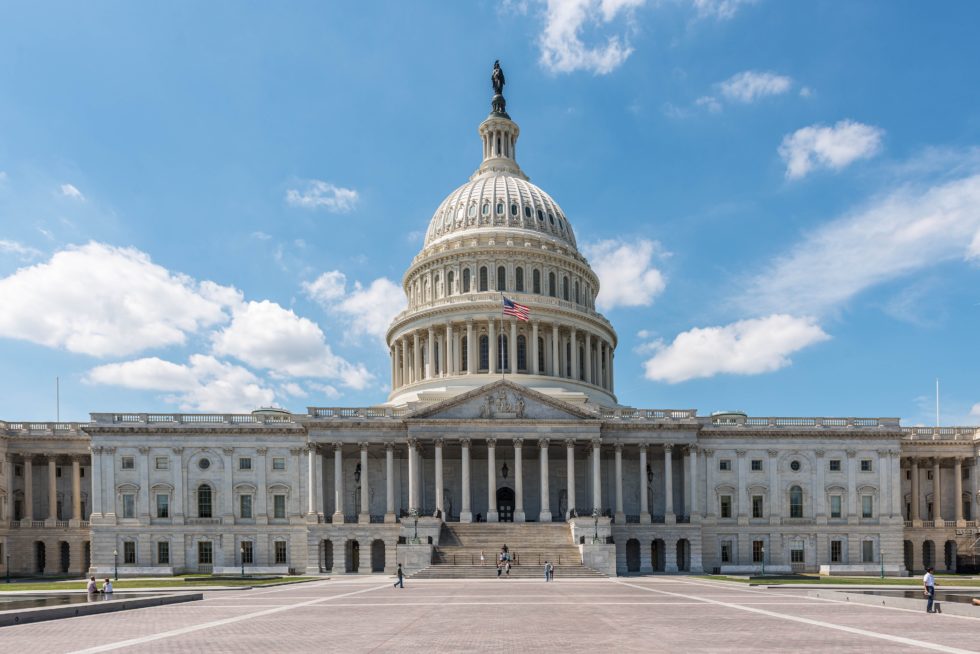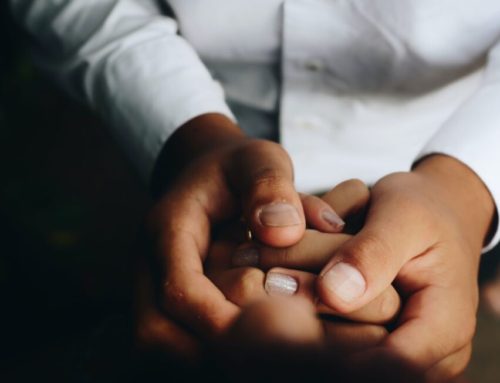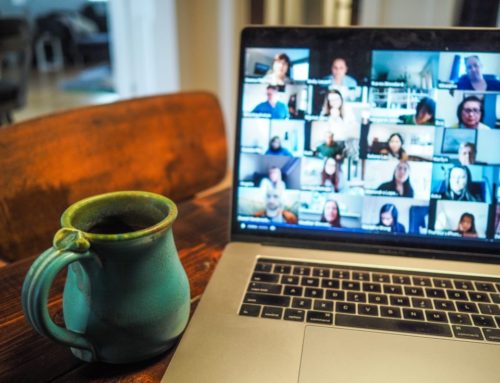On May 13th, the Senate passed the Never Again Holocaust Education Act with overwhelming bipartisan support.
This necessary legislation will expand funding for educational programming at the United States Holocaust Memorial Museum. The funds come packaged with a mandate — in months to come, the Museum will develop and share “accurate, relevant, and accessible” resources nationwide as part of an initiative to improve Americans’ awareness and understanding of the Holocaust. The newly-minted Act will also give other Holocaust education programs the authority and opportunity to engage teachers in conversation about this vital issue.
The Never Again Holocaust Education Act passed through the House as a bill on January 27th, a date recognized worldwide as International Holocaust Remembrance Day. The bill’s passage strikes an optimistic note on the 75th anniversary of the Auschwitz-Birkenau concentration camp liberation — one that hopes that even as we move further from the horrors of the Holocaust, the lessons that dark time taught us will not be lost to the past.
“As we recommit ourselves to the promise of ‘Never Again’ on this 75th anniversary of the liberation of Auschwitz-Birkenau, I am reminded that the lessons of the Holocaust do not just apply to anti-Semitism – but to all forms of hate and bigotry,” bill sponsor Carolyn B. Maloney (D., NY) shared in a statement. “I can think of no better way to honor the memories of those murdered than to make sure our students know their names and their stories. If we do not learn from history, we are doomed to repeat it.”
The Never Again Holocaust Act offers a powerful means to combat the toxic spread of anti-Semitism and temper hatred with knowledge and compassion. Every year, there are fewer people alive to share firsthand stories of the Holocaust. Statistics recently shared by TIME Magazine indicate that only 100,000 of the Jews who had survived the camps, ghettos, and Nazi oppression remain among us today.
Their declining presence is worrying, especially given that many younger Americans have a frightening lack of knowledge about the Holocaust and its beginnings. A report published earlier this year by Pew Research found that two-thirds of surveyed American teenagers did not know that Hitler came to power via a democratic process, and the same percentage did not know what Auschwitz was. Researchers further found that over 40 percent of millennials believe that two million or fewer Jews lost their lives in the Holocaust.
Worse than this lack of knowledge, though, is the rising tide of anti-Semitic sentiment in America. A recent poll conducted by ABC News and the Washington Post reported that roughly nine percent of Americans — approximately 22 million people — believe it is “acceptable” to hold neo-Nazi views. These numbers are inarguably chilling, and compel us to take greater strides to combat hatred and educate rising generations on the horrors of the Holocaust.
“School is where our understanding of the world begins to take shape. It’s where we learn to thrive in a diverse society, work with others, cherish each other’s uniqueness and understand who we are as individuals,” Holocaust education advocates Karen Paikin Barall and Alexandria Paolozzi wrote for the Hill. “Educators must be able to teach accurately and confidently at age-appropriate levels the extreme consequences of where the evils of intolerance can bring a society – and just how quickly a society can devolve into horrors.”
They make a compelling point. Holocaust education is a vital cause, and it is a relief to see legislators prioritizing it. Their actions give us hope that even as those who lived through the Holocaust pass on, our educators will have the resources and support they need to teach the lessons of the past and ensure that the Holocaust’s horrors never again take root.
This post originally appeared on Debrah Lee Charatan’s Philanthropy blog.






